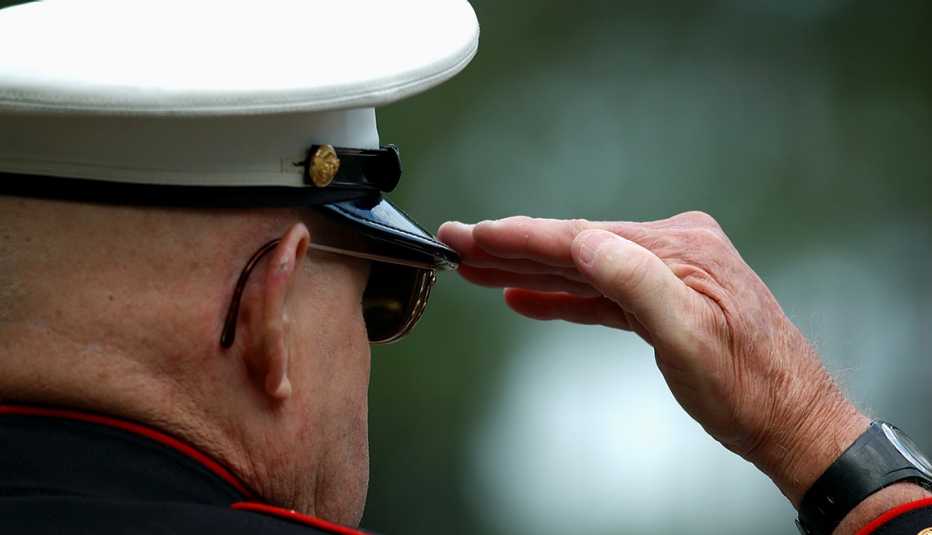Staying Fit


The federal agency responsible for providing military records to older veterans and their surviving spouses seeking pension, health care and other benefits is facing a backlog of approximately 500,000 requests after being forced to operate at a reduced capacity due to the COVID-19 pandemic.
Since March 2020, the National Personnel Records Center (NPRC), an agency of the U.S. National Archives and Records Administration, has limited its in-person operations to fulfilling only emergency requests associated with life-threatening medical treatments, burials, homeless veterans and “comparable emergencies.” Those with nonemergency requests, such as medal replacements, administrative corrections or records research, have been asked to put those requests on hold.


AARP Membership— $12 for your first year when you sign up for Automatic Renewal
Get instant access to members-only products and hundreds of discounts, a free second membership, and a subscription to AARP the Magazine.
Older veterans tend to rely on paper records to prove eligibility because most digital records are available only for veterans who separated from the military after 2002, according to the NPRC.
This issue has raised concerns at organizations that serve veterans, which fear that extended wait times can be detrimental to those in need of assistance, especially if they are seeking help to offset the burdens brought on by the pandemic.
“These individuals are in dire need of these benefits and services to obtain basic human needs like housing, food, prioritization for COVID-19 vaccinations, specialized therapy for combat and military sexual trauma victims, and medication,” said the Legal Counsel for the Elderly in a recent letter to the NPRC.
On March 29, the St. Louis-based records center was able to expand its on-site staffing to 25 percent, the maximum possible under current federal guidance, increasing its ability to complete additional routine requests like those involving the U.S. Department of Veterans Affairs (VA) Home Loan Guaranty program.
Before the pandemic, the center had about 56,000 pending cases. But after experiencing an increased number of emergency requests combined with its reduced operating status, that backlog grew to approximately 500,000. Even at full operating capacity, it would take an estimated 18 to 24 months to clear that many requests.

































































More on Home and Family
VA Caregiver Benefit Moving to Direct Deposit Only
Deadline to enroll is Oct. 1, before the VA stops sending paper checks
Free Resources to Aid Veterans, Military, Their Families Amid COVID-19 Outbreak
Check out where you can find support for your health and finances